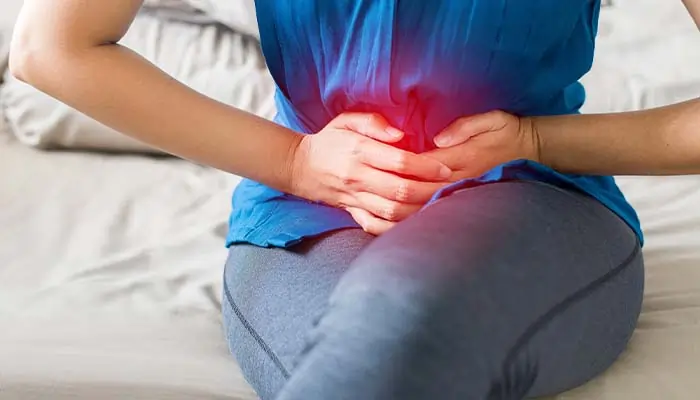Advertisement
Early Detection of Stomach Cancer
Early detection of stomach cancer is crucial for successful treatment. Unfortunately, early-stage stomach cancer often has no symptoms or only vague, non-specific symptoms that can be easily overlooked.
Symptoms of Early-Stage Stomach Cancer
- Indigestion and Heartburn: Persistent indigestion or heartburn can be an early sign.
- Stomach Pain: Mild discomfort or pain in the stomach area.
- Nausea and Vomiting: Especially if persistent or unexplained.
- Loss of Appetite: A noticeable decrease in appetite.
- Fatigue: Unexplained fatigue or weakness.
Symptoms of Advanced-Stage Stomach Cancer
- Weight Loss: Unintended weight loss.
- Persistent Stomach Pain: More severe and persistent stomach pain.
- Difficulty Swallowing: A feeling of food getting stuck in the throat or chest.
- Vomiting Blood: Vomiting blood or having blood in the stool.
- Jaundice: Yellowing of the skin and eyes.
Screening and Diagnostic Tests
Early detection of stomach cancer can be challenging due to the subtlety of early symptoms. However, several screening and diagnostic tests can help detect the disease early.
- Endoscopy: A procedure where a flexible tube with a camera is inserted down the throat to examine the stomach lining.
- Biopsy: During an endoscopy, a small tissue sample can be taken for biopsy to check for cancer cells.
- Imaging Tests: CT scans, MRI, and PET scans can help detect stomach cancer and determine its spread.
- Blood Tests: Tests for anemia or tumor markers like carcinoembryonic antigen (CEA) can provide additional clues.
- Barium Swallow: A special X-ray test where the patient swallows a barium solution to highlight the stomach on the X-ray.










